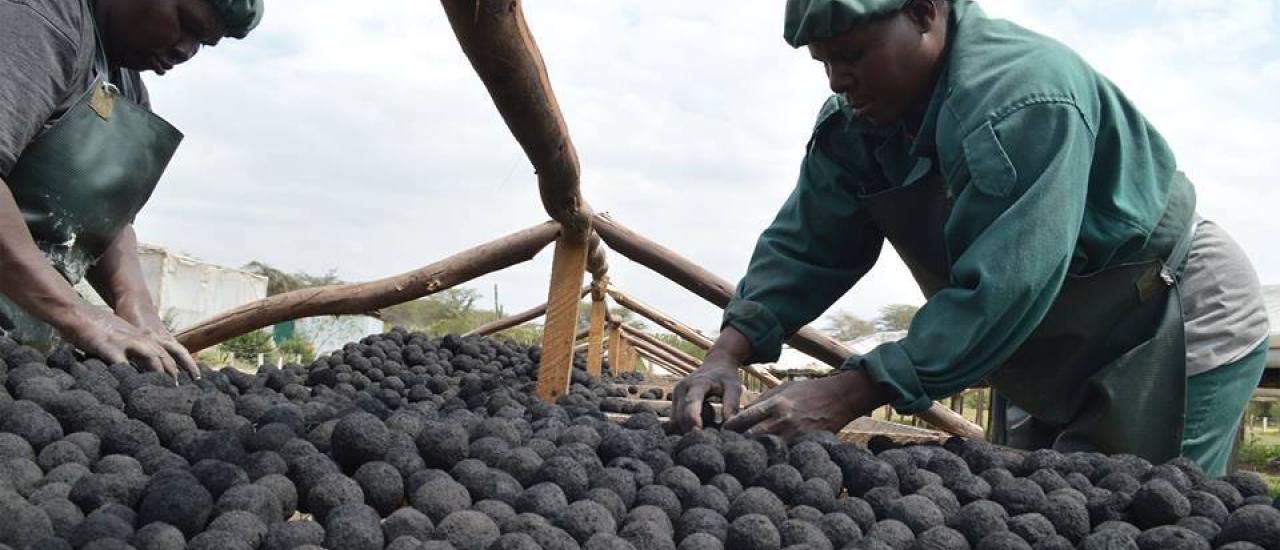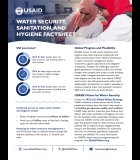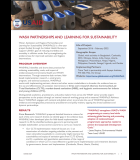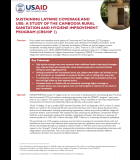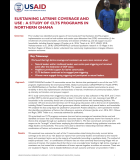Urban areas in the developing world face many challenges because of booming population growth. Infrastructure is often inadequate, resulting in such problems as the spread of disease from poor sanitation, and the loss of surrounding forests due to high demand for affordable cooking fuel.
The problems are daunting. In Kenya, for example, 95 percent of fecal sludge is disposed of in the environment, whether in pit latrines that are never drained, piped directly into rivers or lakes, or out in the open. An estimated $324 million is lost annually to Kenya’s economy from the health issues that result. Meanwhile, the country is losing 12,000 hectares of forest each year, in part due to the demand for cooking fuel. Could these two problems be solved at the same time?
Through innovation grants and tailored acceleration support (ranging from regulatory and legal assistance to business development and human resource support, among other areas), USAID works with a number of projects that are exploring models for turning human waste into usable energy. Mostly located in East Africa, these projects convert liquid and solid waste into either biogas or solid fuel briquettes that can be used for home cooking.


